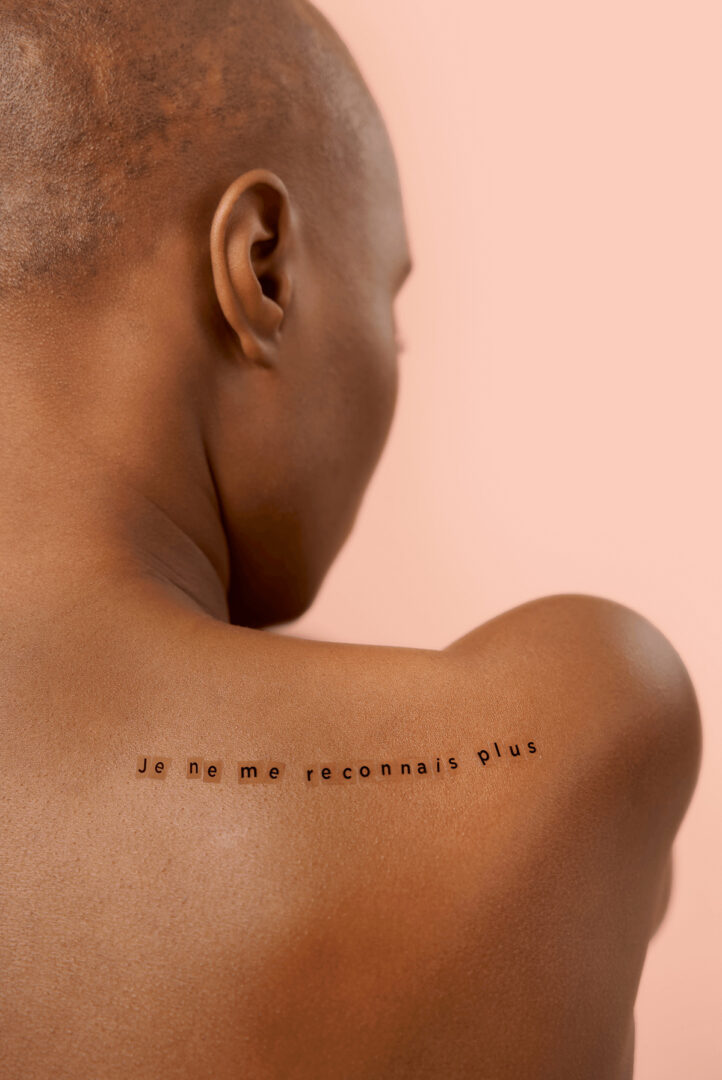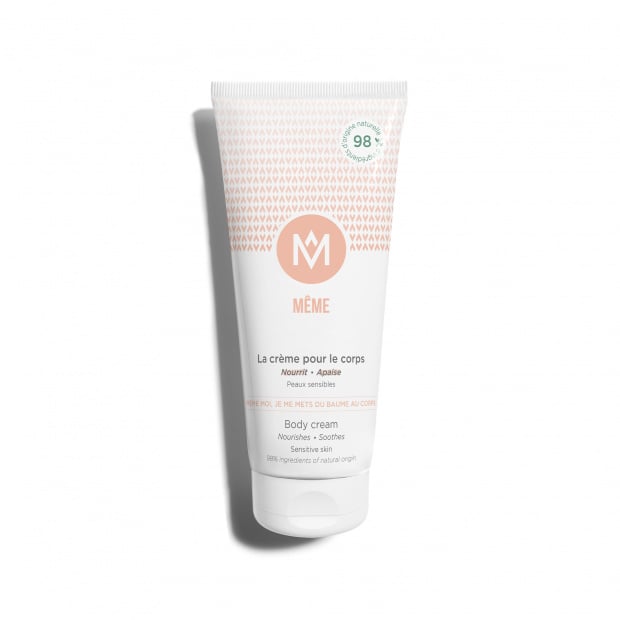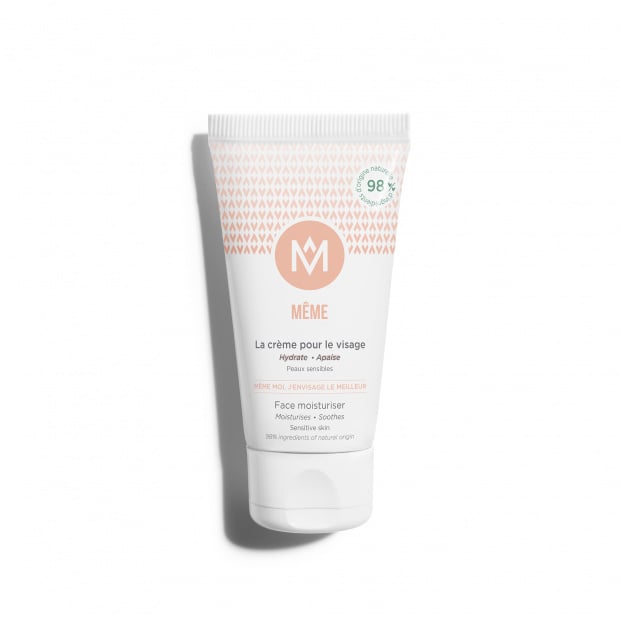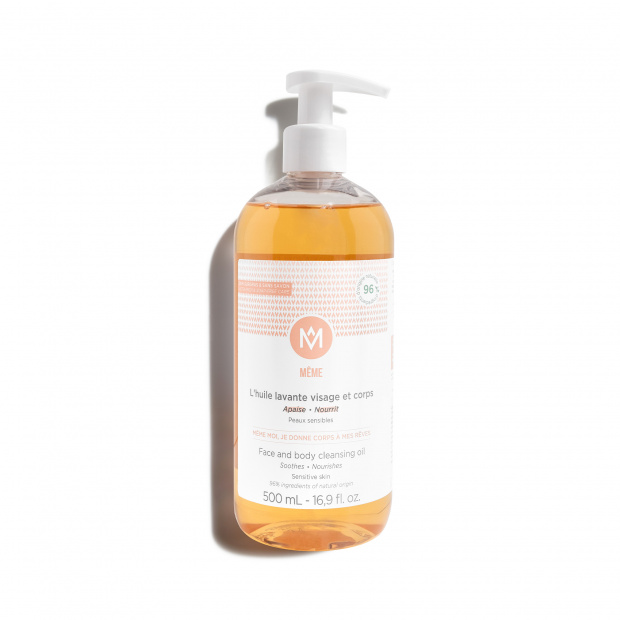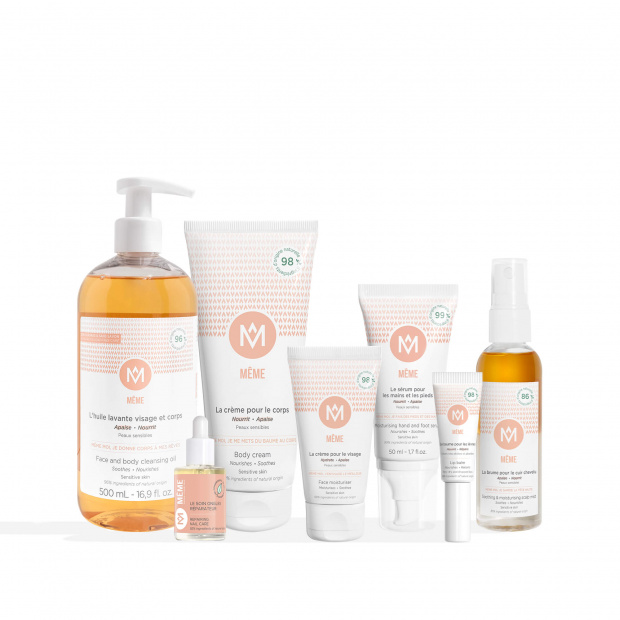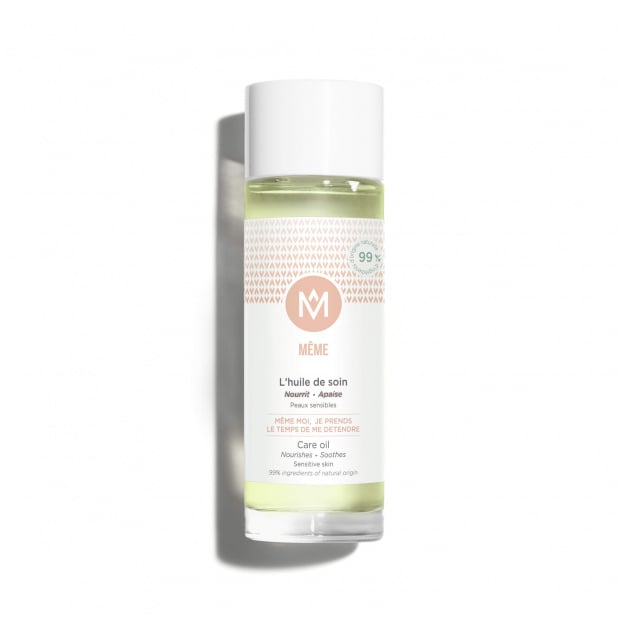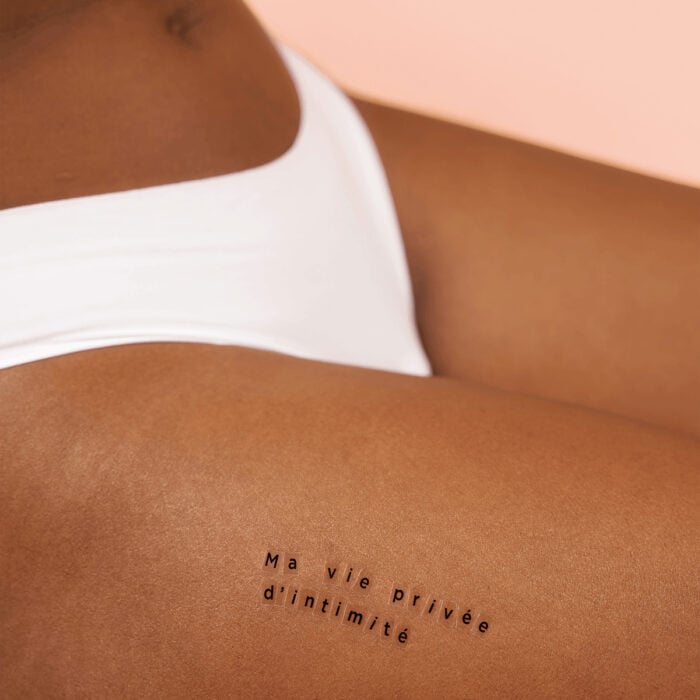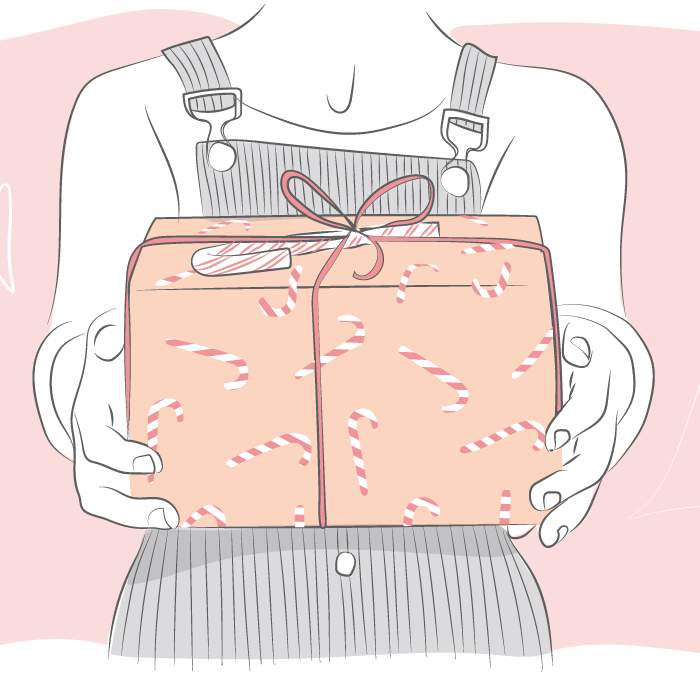When we’re diagnosed with cancer and we must go through treatments to heal us, we immediately imagine the different possible consequences and side effects: surgery, excision, hair loss, weight loss or gain, dryness, etc. A full range of consequences that can call into question a lot of our habits or, at the very least, the image we have of ourselves. At the time when the concept of femininity is increasingly multifaceted, let’s discuss what becomes of it while having cancer.
Illness and loss of “traditional” symbols of femininity
Whether we are affected by breast cancer or by another form of cancer, the illness leaves physical traces that can often impact our emotional state.
For women, cancer treatments will often affect everything that society connects with femininity: removal of one or both breasts, removal of the uterus, loss of hair, eyelashes and eyebrows, damaged skin, loss of skin softness, fast and destabilising body changes, etc.
What is even more profound is that the illness and the treatments often impact fertility, either momentarily or definitively.
And there are also changes that are as difficult to go through as they are fast. They are impossible to fully prepare for or to gradually get used to, and they come in a period when we can already be shaken by the very diagnosis and the fight that it entails.
This loss of significant symbols of femininity can harm the view that we have of ourselves. Some patients say that they no longer recognise themselves and need to reconstruct their identity, even saying that they no longer feel like a “woman”.
We also brought up in another article this concept of the relationship with our bodies and intimacy during the illness.
Some women need to increase their femininity, discovering the pleasure and magic of make-up during this period, ramping up their ingenuity to make charming additions to their outfits. It is exactly what they need to make themselves feel happier and look less sick in the eyes of society.
While others feel more like a woman than ever, regardless of the effects they use, as if the absence of these symbols removed all the make-up usually applied to this idea of femininity so they can return to their essential nature, which is the true essence of femininity.
And if femininity was defined by these symbols?
Grace, charm, elegance, refinement, gentleness, eternal youth…
Seduction, maternity, modesty, kindness…
Perfect breasts, curvy body, thin frame, lustrous hair, doe eyes, peach-coloured skin…
Femininity is generally defined as “all of the morphological, psychological, and behavioural characteristics specific, or those considered specific, to women”.
In reality, this concept seems entirely governed by characteristics considered specific to women. And yet we all know men who possess characteristics traditionally associated with femininity and who remain nonetheless very “masculine” (in the traditional sense of the term) and women who correspond to only a few aspects of this gender stereotype and who appear very feminine to us.
While they take a lot of space in the social dialogue, gender stereotypes are limited by being what they intrinsically are: stereotypes.
Moving beyond social directives
Freeing yourself from social directives is clearly where the challenge to make peace with yourself and your femininity lies.
No, it is not necessary to have long hair to feel like a woman, and even if we are used to having flowing hair, even if it was a part of our identity.
No, it is not necessary to have two lovely breasts to feel like a woman, even if it can be very difficult to separate one from the other or accept this change.
No, it is not necessary to give birth to a child to feel like a woman, even if the loss of fertility is a true hardship for all those who dreamed of having children.
And even if that may seem obvious today, it is still useful to remember that you can, as a sick woman, still be conditioned by these social norms, and as a person interacting with a sick woman, still display tactlessness.
Grieving
Of course, all of this cannot be solved with a snap of the fingers. It is much easier to recognise that Jane Birkin was a “feminine” woman while still having an androgynous shape, as it is to recognise your own qualities in the mirror.
And once again, you must come to terms with the shocking change caused by treatments at the same time, which makes the endeavour more difficult. Challenging generations of stereotypes cannot be done from one day to the next.
On the other hand, the illness is a good time to reflect on it, take the time to relearn how to understand ourselves, reflect on our identity, on what makes us who we are, as women.
It’s a long, hard, sometimes destabilising effort that almost resembles mourning. Not for our femininity, but for what we attached to this term. It’s also an incredibly gratifying exercise when we get through it because we go through personal development and growth during the illness as well as for the rest of our lives.
Redefining YOUR femininity and laying claim to it
Throughout this journey, we realise that there are hundreds of realities behind the term “femininity”. There are so many ways to be feminine as there are women. And in this personal journey, accelerated by cancer and questions that we are compelled to ask ourselves, the challenge is to rediscover our femininity, the one that belongs only to us and defines only us.
It is therefore a personal reflection that can be informed by our relationship with our bodies, with intimacy, with other people and, of course, by therapy. Strive to ask yourself questions and spend time to challenge your ideas and usual ways of thinking and also to bring the subject up for discussion.
By discussing it together, let’s let women in all their nuances and individuality define their own femininity, rather than letting “femininity” shackle women and the perception that they have of themselves.
We hope that these ideas give you the chance to face changes with greater calm and take the time to care for your “femininity”. Feel free to share with us your advice and experience in the comments.
You can also join in the discussion on social media with #SansTabou.

